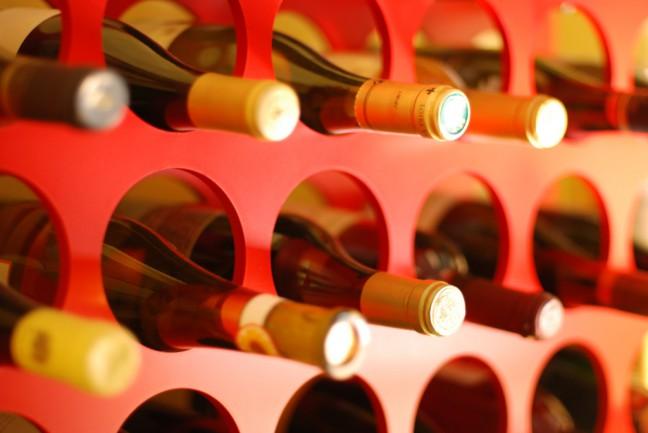While the Tavern League of Wisconsin does not oppose growth of the Wisconsin winery industry, it fears that it may negatively impact the tavern industry in the future if legislators extend wineries’ wine sale time.
A public hearing met Wednesday to discuss a bill proposed by Rep. Adam Jarchow, R-Balsam Lake, that would extend the time that wineries can sell wine by three hours.
Scott Stenger, representative from the Tavern League of Wisconsin, said they do not want the wineries to infringe on their businesses that have to pay higher prices for the alcohol they sell.
Winery owners at the hearing talked about events that they hold in order to generate more business, like weddings, band concerts and outdoor movies, all of which would benefit from the later closing time. Stenger responded, saying that they are trying to get ahead through business avenues that have “nothing to do with selling wine” and in the process could hurt taverns.
Currently under state law, all wineries must stop selling wine at 9 p.m., but if the bill passes, their closing time would be pushed back to midnight. While the bill would make midnight the latest legal time for wine sales, municipalities would have the ability to override it and set an earlier time limit for wineries selling within their borders.
Jarchow said that by extending the time, it would allow the Wisconsin winery industry to continue to grow and stimulate their local economies with tax dollars from the tourists they draw.
“I’m not a wine drinker. I probably have had five glasses of wine in my life … so I’m probably not going to spend a lot of time at a winery,” Jarchow said. “I mean I like them, but I like them because of the economic activity that they generate. I like them because the more taxes that we get from people from Minnesota, the less we have to pay in Wisconsin.”
Rep. Rob Swearingen, R-Rhinelander, expressed concern that the bill may cause conflict with the three-tier system for alcohol distribution.
The three-tier system requires that the alcohol producers sell to alcohol distributors, who then sell to retailers. Wineries currently are exempt from the distribution step because they produce and sell their products at their wine tastings, but Stenger said the extended time could lead to further relaxation of laws to accommodate wineries and potentially threaten the three-tier system.
“Most of the decisions that happen that impact … the three tier system are a result of some legislation that seems innocent at first … so that is why there is such sensitivity in the industry when you make changes because unintended consequences happen,” Stenger said.
Anna Maenner, executive director of the Wisconsin Winery Association, said the tourist crowd wineries draw is different from the tavern crowd, so competition should not be a major issue. She also said she finds it unlikely that the 130 wineries could substantially impact the 3,000 taverns in the state with the extended closing time.
Todd Roessler, whose family owns Elmaro Vineyard, said that “80 percent” of the time his winery is still going to close at 7 p.m. but that when it hosts weddings and outdoor movies during the summer, it would really benefit from the midnight closing time.
“It’s not that we’re in the business of overconsumption and we’re not trying to steal business from taverns,” Roessler said. “I think that when you look at vineyards, wineries and taverns that you are comparing apples to oranges.”













